Can America save itself? The outlook is grim
On COVID, climate, and the end of the world

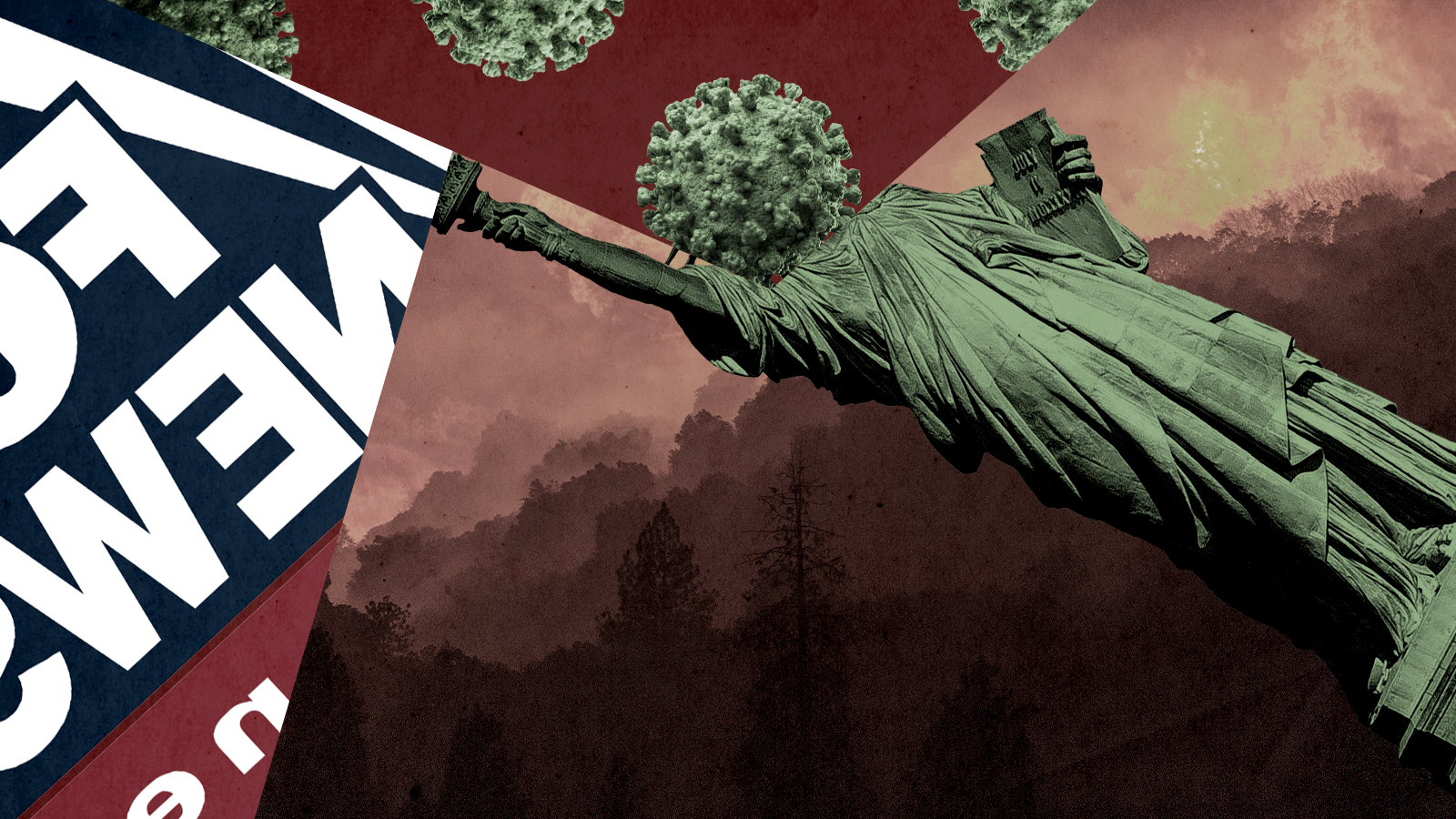
A free daily email with the biggest news stories of the day – and the best features from TheWeek.com
You are now subscribed
Your newsletter sign-up was successful
Is the pandemic akin to climate change?
Back in March 2020, my colleague Ryan Cooper argued that it was, in an article that has haunted me ever since.
"This is what an uncontrolled, exponentially-accelerating crisis looks like on the ground: first slow, then all at once," Cooper wrote of the COVID-19 crisis. "Past procrastination and dithering means that once the seriousness of what is happening is undeniable, the worst effects can only be mitigated, not avoided."
The Week
Escape your echo chamber. Get the facts behind the news, plus analysis from multiple perspectives.

Sign up for The Week's Free Newsletters
From our morning news briefing to a weekly Good News Newsletter, get the best of The Week delivered directly to your inbox.
From our morning news briefing to a weekly Good News Newsletter, get the best of The Week delivered directly to your inbox.
He added: "Climate change is going to be exactly like this, only on a much longer time scale."
Sixteen months later, the comparison seems more apt — and depressing — than ever.
Let's start with the pandemic. The number of COVID cases and deaths are once again rising, but this time there's a catch: Vaccines are widely available, and the vast majority of those hospitalized with the virus are people who have chosen not to get their shots. "This is becoming a pandemic of the unvaccinated," Dr. Rochelle Walensky, director of the CDC, said on Friday.
There are a number of reasons why so many Americans are hesitant to get a shot that could save their lives, but a significant factor surely is the conservative media ecosystem which has chosen to amply and encourage anti-vax attitudes. It's probably not a coincidence that red states like Missouri and Arkansas are among the hottest "hot spots" in the nation. Florida, where Republican Gov. Ron DeSantis is selling "Don't Fauci my Florida" merch, is in even worse shape: The state last week accounted for 20 percent of all new COVID cases in the United States.
A free daily email with the biggest news stories of the day – and the best features from TheWeek.com
Most alarming, the anti-vax message persists even among people with the personal experience to know better. On Saturday, The New York Times featured three Arkansans who had recently been hospitalized with COVID — and who still refuse to get a shot.
"It's just too new," one of those patients told the newspaper. "It is like an experiment."
Now let's take climate change. Across the country in Oregon, the Arkansas patient's comments find an eerie echo among conservatives who refuse to believe that planetary warming has anything to do with the drought-fueled Bootleg Fire that has destroyed dozens of homes and consumed hundreds of thousands of acres of land. They'd rather blame the federal government, or environmentalists, or marijuana farmers. Never mind that a little bit more of California burns each year, or that Canada and Siberia — Siberia! — are experiencing triple-digit temperatures, or that Germany is flooding. (These are just examples from the last week or so.)
"It's not that much hotter," one Oregon resident told The Washington Post, even as he filled up a 3,600-gallon water tanker to help fight the blaze. "It's environmentally caused mismanagement."
Between COVID and the climate, you have to wonder if humankind is capable of saving itself. I am not convinced. We're getting too much fresh evidence that people — enough of them, anyway — will go out of their way to avoid solving the very challenging problems that face us. The outlook is grim.
So how are we in this mess?
What climate skepticism and vaccine hesitancy have in common, to a great extent, is that they both deny reality — about the nature of an urgent problem in the former case, about the possibility of a solution in the latter. Both are also largely (but not exclusively) phenomena of the right.
If one chooses to be sympathetic and squint a bit, climate denial can seem a bit understandable: The consequences of warming seemed decades away, something to be dealt with later rather than make any sacrifices or big changes right now. (Collectively, it seems our species probably would fail the Stanford marshmallow experiment.) The incentives for the advocates of denial were also easy to comprehend: Energy companies have spent untold sums of money over the years to block action and seed doubts about the reality of climate change. There were plenty of folks happy to take the check.
Vaccine hesitancy is more difficult to grasp, if only because the consequences to its adherents are immediately apparent in the hospitals that are filling up once again, in the burnout of overworked and traumatized medical workers, and in the numbers of unvaccinated friends, family, and neighbors who are becoming gravely ill. The incentives for personalities like Fox News' Tucker Carlson and Laura Ingraham to demagogue doubts about the vaccine are also less clear. Is it just ratings? Is it just a habit from decades of their movement's anti-science propaganda? Or is it simple nihilism?
Whatever the reasons, the effects are clear: We are stuck as a society, unable and seemingly unwilling to make sufficient progress against two of the great threats of our time.
Lest this seem hysterical or overly despairing, a concession: Most Americans seem to understand the need to take action, both on COVID and climate. A majority of the population has received at least one dose of vaccine, after all. Even larger majorities believe that the warming climate is already affecting their communities, and that the federal government is doing too little to solve the problem. Every now and again, a prominent Republican will pop up to promote vaccination, or to promise that the party is ready to get serious about saving the climate. We are not entirely out of hope, yet.
At this point, though, it all seems a bit insufficient — and in any event it should be clear by now that determined minorities remain incredibly effective at hindering effective, meaningful solutions. Less clear is what to do about it. How, really, do you change the minds of the 20 percent of Americans who falsely believe the government is using vaccines to microchip the population? How do you convince an Oregon farmer to believe the flames that are destroying the land around him? With both COVID and climate, the seriousness of what is happening is undeniable. Yet the denial continues anyway. The results in both cases are likely to be dreadful.
Joel Mathis is a writer with 30 years of newspaper and online journalism experience. His work also regularly appears in National Geographic and The Kansas City Star. His awards include best online commentary at the Online News Association and (twice) at the City and Regional Magazine Association.
-
 6 exquisite homes with vast acreage
6 exquisite homes with vast acreageFeature Featuring an off-the-grid contemporary home in New Mexico and lakefront farmhouse in Massachusetts
-
 Film reviews: ‘Wuthering Heights,’ ‘Good Luck, Have Fun, Don’t Die,’ and ‘Sirat’
Film reviews: ‘Wuthering Heights,’ ‘Good Luck, Have Fun, Don’t Die,’ and ‘Sirat’Feature An inconvenient love torments a would-be couple, a gonzo time traveler seeks to save humanity from AI, and a father’s desperate search goes deeply sideways
-
 Political cartoons for February 16
Political cartoons for February 16Cartoons Monday’s political cartoons include President's Day, a valentine from the Epstein files, and more
-
 Trump’s EPA kills legal basis for federal climate policy
Trump’s EPA kills legal basis for federal climate policySpeed Read The government’s authority to regulate several planet-warming pollutants has been repealed
-
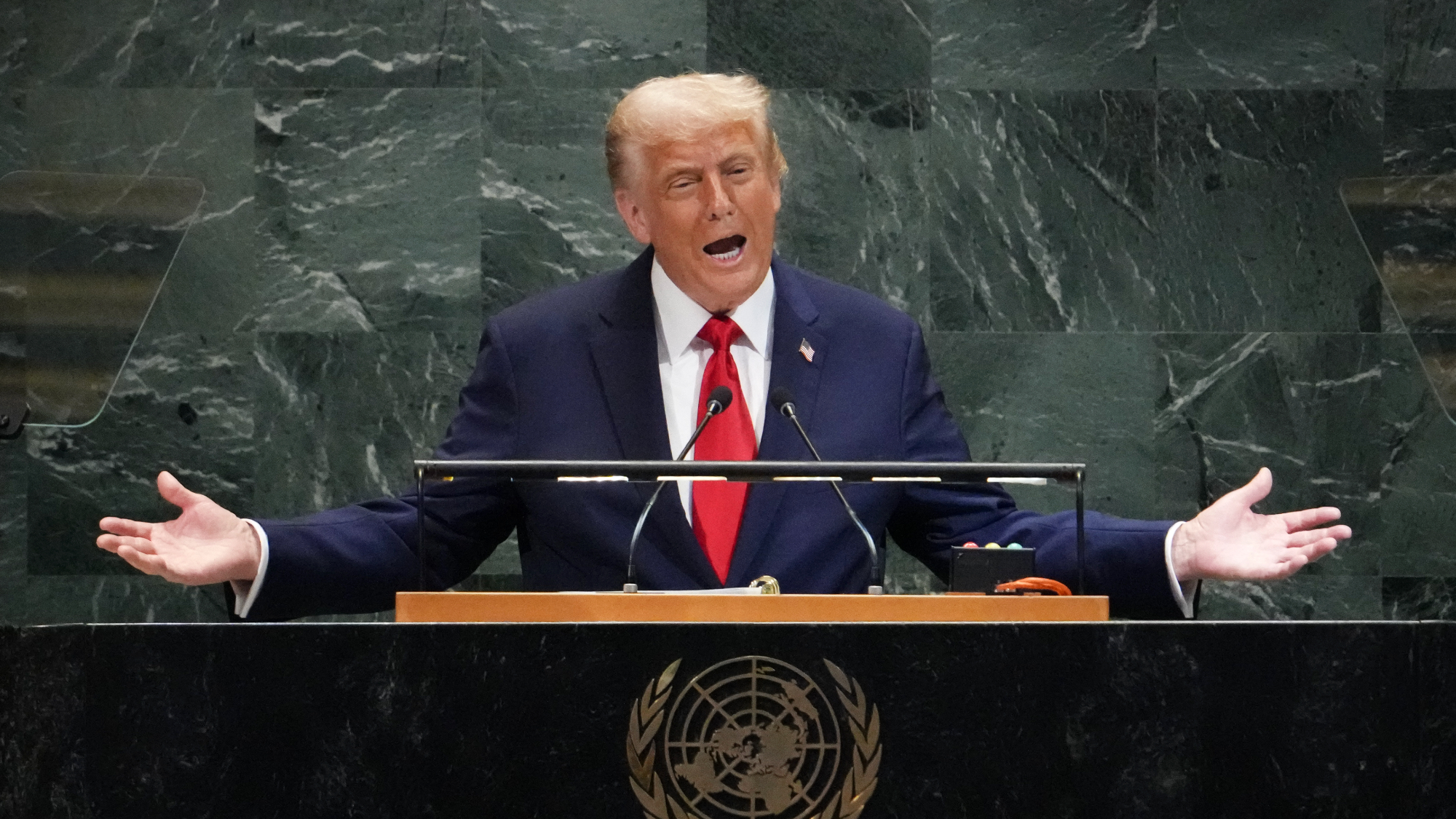 Trump pulls US from key climate pact, other bodies
Trump pulls US from key climate pact, other bodiesSpeed Read The White House removed dozens of organizations from US participation
-
 The billionaires’ wealth tax: a catastrophe for California?
The billionaires’ wealth tax: a catastrophe for California?Talking Point Peter Thiel and Larry Page preparing to change state residency
-
 Bari Weiss’ ‘60 Minutes’ scandal is about more than one report
Bari Weiss’ ‘60 Minutes’ scandal is about more than one reportIN THE SPOTLIGHT By blocking an approved segment on a controversial prison holding US deportees in El Salvador, the editor-in-chief of CBS News has become the main story
-
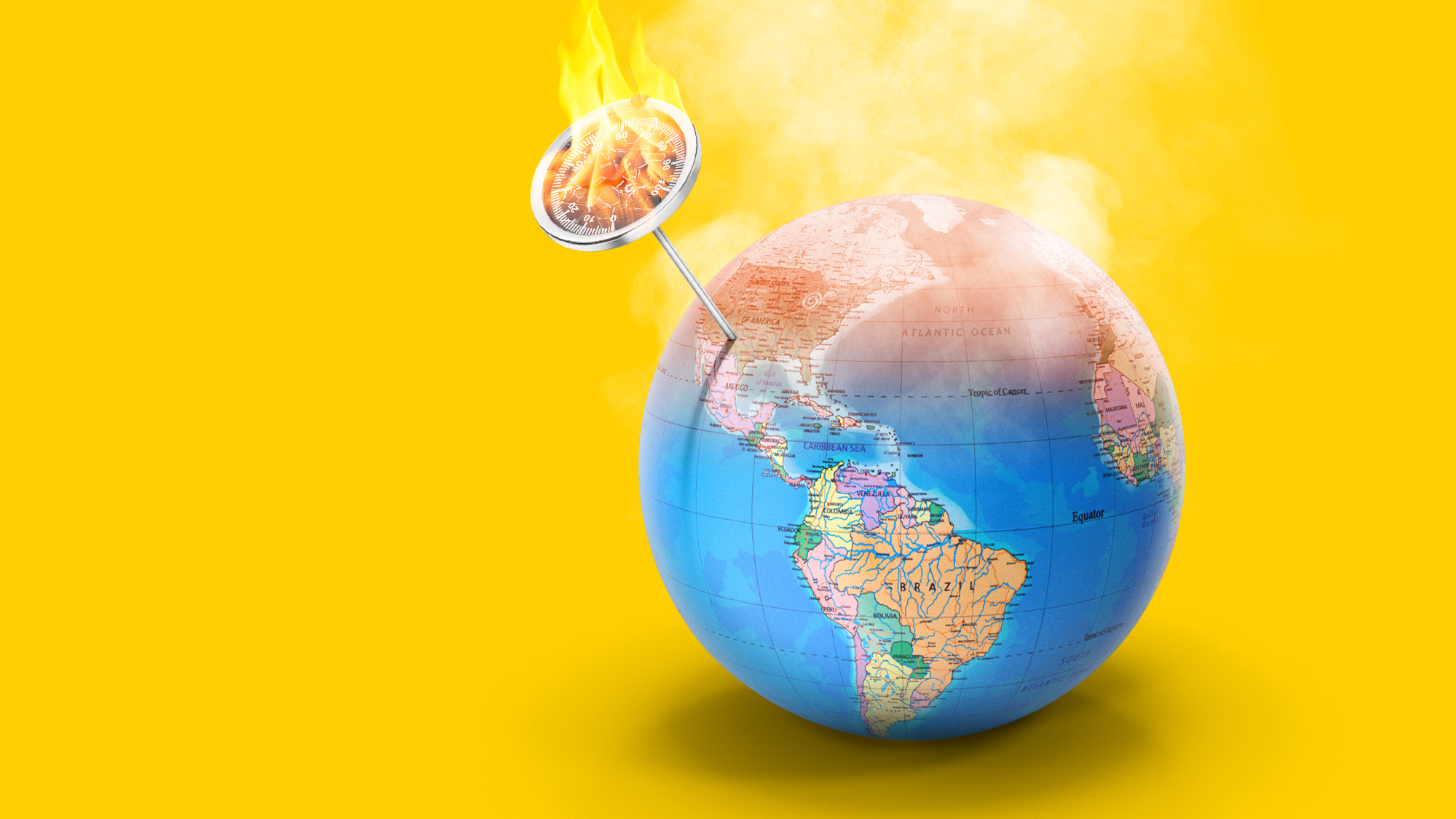 Trump aims to take down ‘global mothership’ of climate science
Trump aims to take down ‘global mothership’ of climate scienceIN THE SPOTLIGHT By moving to dismantle Colorado’s National Center for Atmospheric Research, the White House says it is targeting ‘climate alarmism’
-
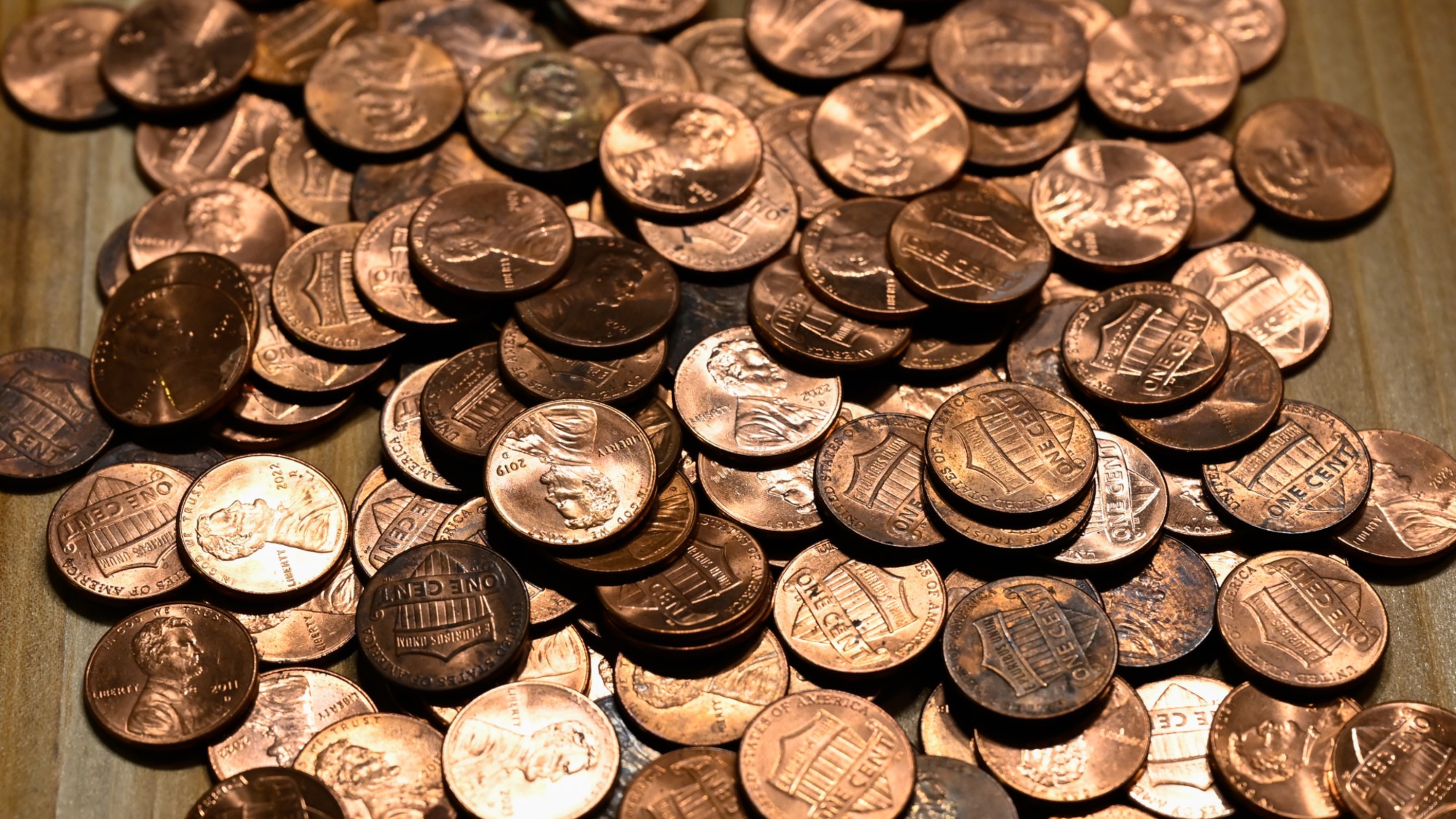 ‘It’s ironic in so many ways’
‘It’s ironic in so many ways’Instant Opinion Opinion, comment and editorials of the day
-
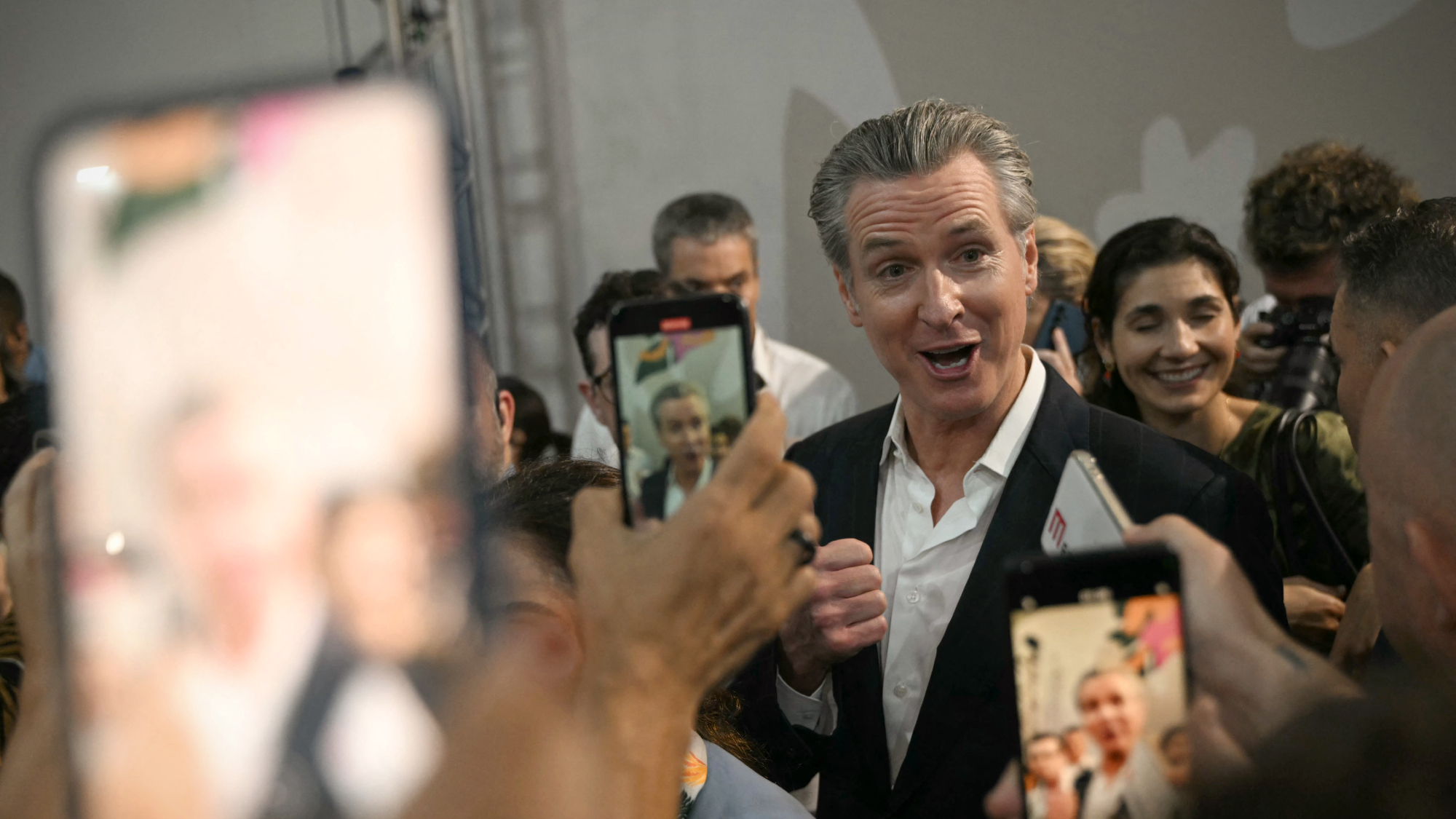 Newsom slams Trump’s climate denial at COP30
Newsom slams Trump’s climate denial at COP30speed read Trump, who has called climate change a ‘hoax,’ declined to send any officials to this week’s summit
-
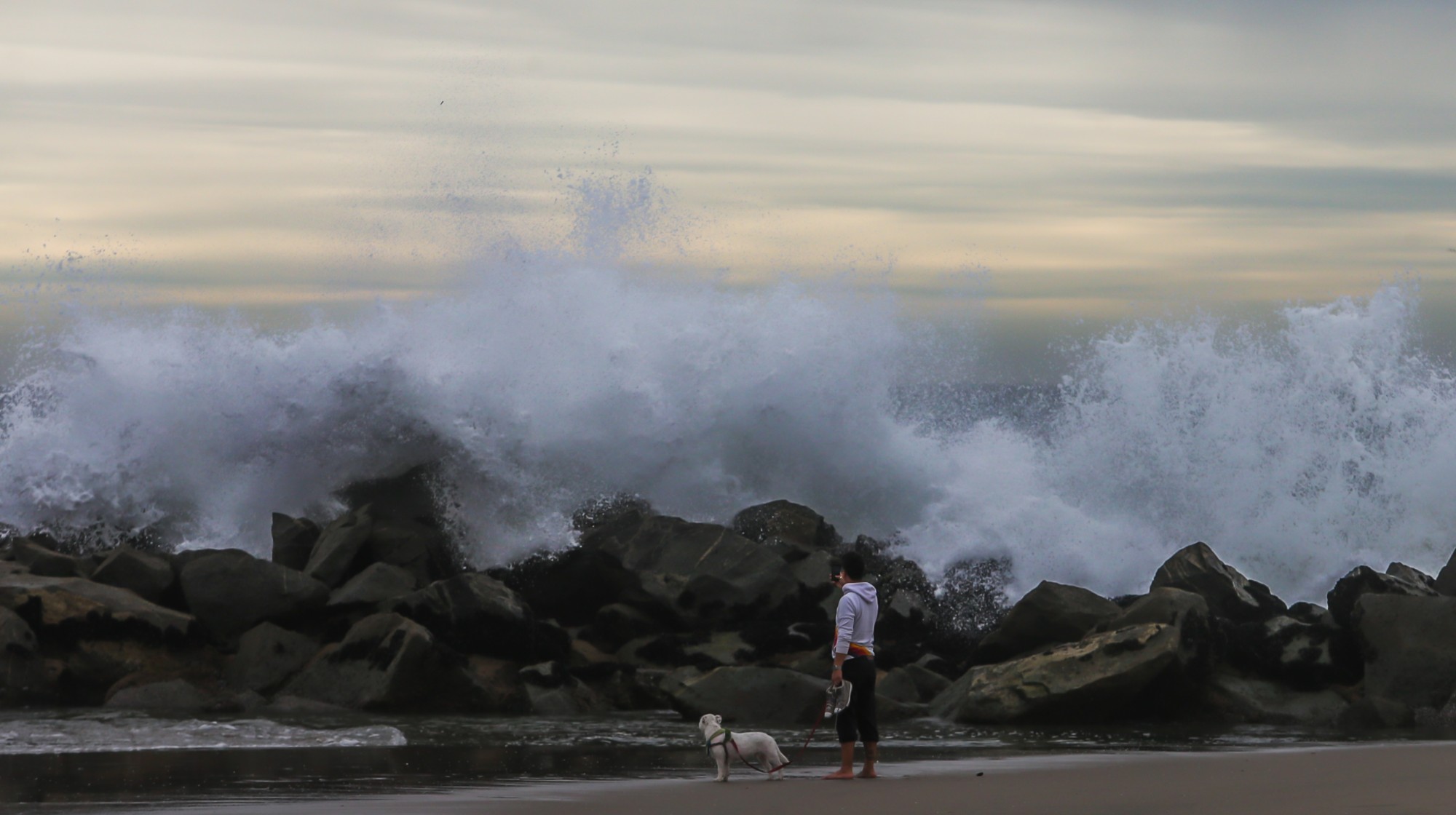 Alaska faces earth-shaking loss as seismic monitoring stations shutter
Alaska faces earth-shaking loss as seismic monitoring stations shutterIN THE SPOTLIGHT NOAA cuts have left the western seaboard without a crucial resource to measure, understand and predict tsunamis
